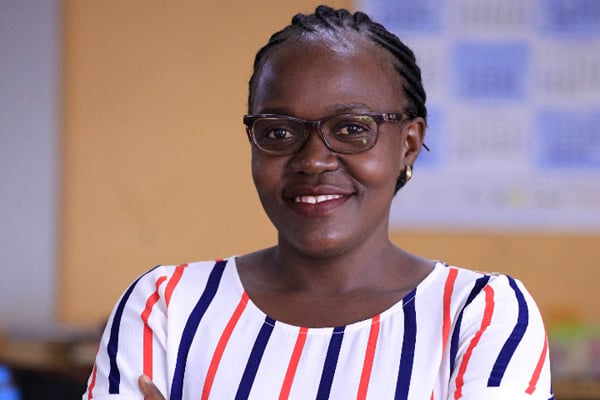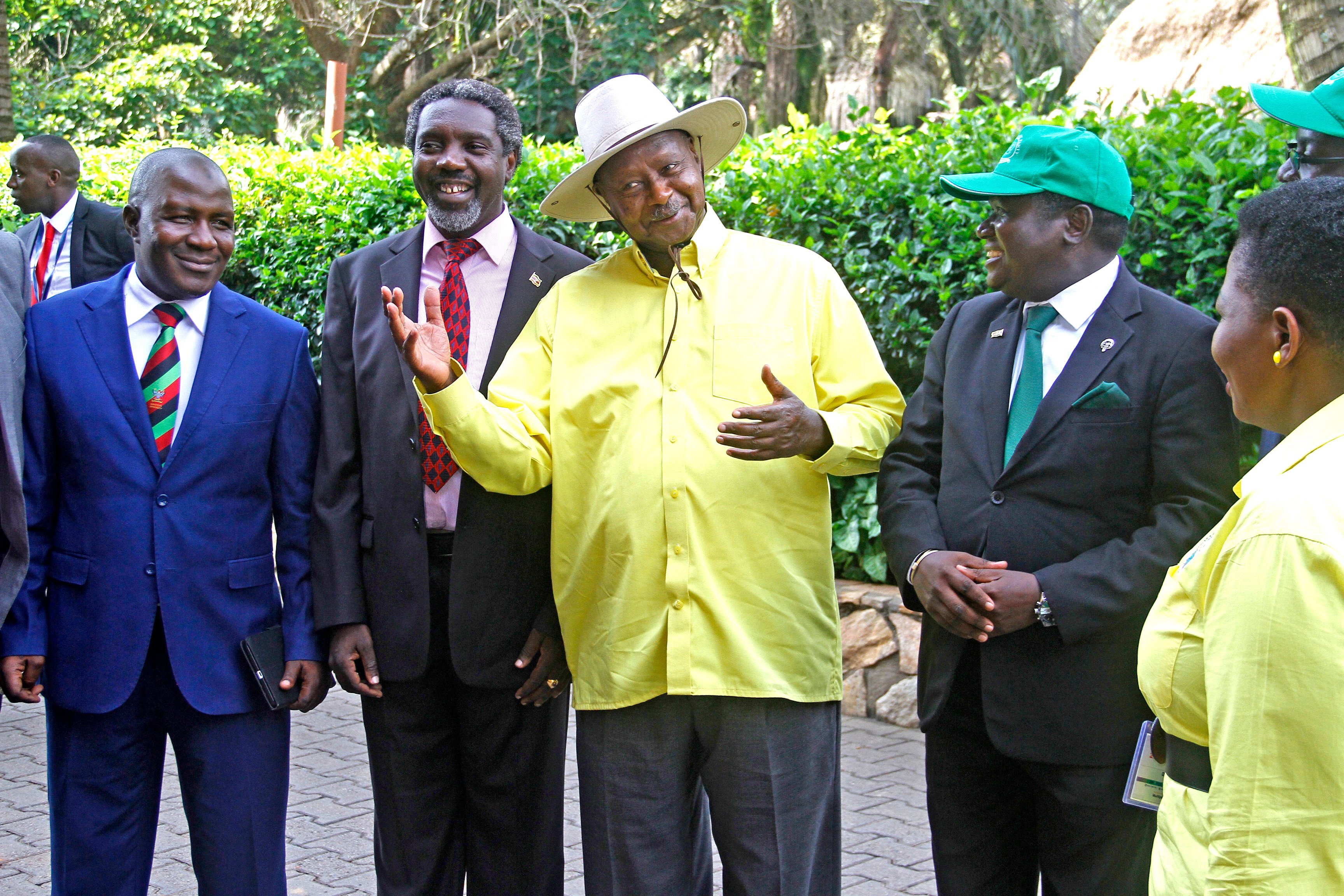Prime
Court orders fresh hearing of EALA election case

The East African Legislative Assembly in session in July. PHOTO/FILE
What you need to know:
- The appeal court viewed that the High Court trial judge erred “opted to address the issue in accordance with what he termed as the principle of subsidiarity.”
The Court of Appeal has ordered for a fresh hearing of the case challenging the election of nine members of the East African Legislative Assembly Elections Act, 2011 citing violation of the laws.
In a unanimous judgment, a 3-member panel of the court ordered that the case file be remitted to the High Court for determination on its merits before another judge.
The judges included deputy chief justice Richard Buteera, Catherine Bamugemereire and Monica Mugenyi.
“I find that the trial judge erred in dismissing the petition for lack of jurisdiction, without recourse to the EACJ preliminary reference mechanism for a preliminary ruling on such issues raised in the petition as called for treaty interpretation,” Justice Mugenyi in the lead judgment.
The Court of Appeal held that the lower court had the powers within the sphere of the preliminary rulings mechanism to interrogate the claims in the 2022 election case for purposes of the application or enforcement of Articles 6(d) and 7(2) of the Treaty, without necessarily encroaching upon the EACJ's Treaty interpretation mandate.
In March, High Court dismissed the election petition on a preliminary objection raised by the accused parties that the court had no powers to determine the petition.
But while citing Articles 27(1), 30(3) and 52(1) of the Treaty, Justice Mugenyi held that is abundantly clear that the High Court of Uganda is the national organ that is envisaged under Article 52(1) of the Treaty to determine electoral contestations arising from an election of Uganda's representatives to EALA.
“The High Court's power in that regard is derived from section 60(1) of the Parliamentary Elections Act, 2005 as construed against the backdrop of Article 52(1) of the Treaty,” justice Mugenyi explained.
She also noted that the case in mention entails a matter of considerable public interest with regard to the principles governing the election of the country's EALA representatives.
The appeal court viewed that the High Court trial judge “opted to address the issue in accordance with what he termed as the principle of subsidiarity.”
Background
Four candidates in Uganda’s September 29, 2022 vote for representatives at the EALA are challenging the election of nine members to the regional parliament.
Gilbert Agaba, Josephine Lolem, Nakitende Salaama Adelaide and Bwengye Lauben Muhangi contest the election for “purportedly violating the Treaty for the Establishment of the East African Community ('the Treaty'), the East African Legislative Assembly Elections Act, 2011 ('the EALA Elections Act') and the Ugandan Constitution.”
They sued Attorney General, Speaker of Parliament Anita Among, Adolf Mwesige Kasaija, Akol Rose Okullu, Dennis Namara, James Kakooza, George Stephen Odongo, Paul Mwasa Musamali, Kadogo Veronica Babirye, Mugyenyi Mary Mutamwebwa, Jacqueline Amongin and Democratic Party’s Gerald Siranda.
Through their lawyers, the former contestants seek an order annulling the result of the election.
They also want the court to declare that the nine legislators were not validly elected.
“We are in democracy elections that must be conducted at least with minimum standards of democracy,” complainant Agaba told journalists in Kampala on Thursday.





